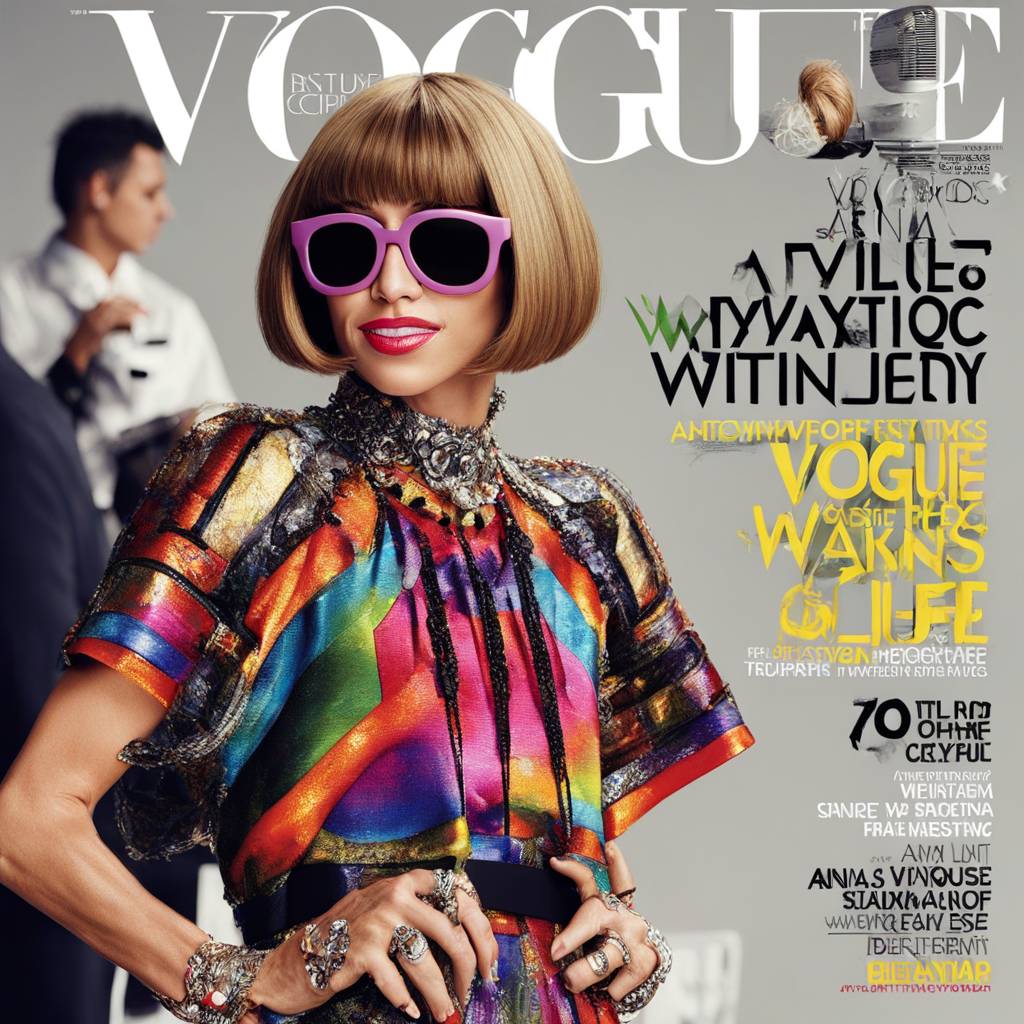Miley Cyrus’ twerking has been a controversial topic in pop culture, with some praising her provocative dance moves while others disapprove. Recently, it was reported that Anna Wintour, the powerful editrix of Vogue, decided to axe Cyrus’ cover story for the December issue after her performance at the MTV VMAs with Robin Thicke. Wintour allegedly found Cyrus’ performance distasteful and chose to take the cover in a different direction. This decision came as Cyrus was gearing up for the release of her album Bangerz, making a Vogue cover an ideal promotional opportunity for her.
While some may understand Wintour’s decision, as Cyrus’ performance at the MTV VMAs was provocative and may not align with Vogue’s high-fashion image, others are disappointed by the missed opportunity for an edgy cover featuring Cyrus. With Cyrus making a name for herself in the fashion industry and increasing her presence in that world, a Vogue cover could have been a significant milestone in her career. The decision to not feature Cyrus on the cover may have disappointed her fans who were looking forward to seeing her on the prestigious fashion magazine.
The reported conflict between Cyrus and Wintour highlights the clash between mainstream pop culture and high fashion. Cyrus’ controversial persona and behavior may not align with the sophisticated, elegant image that Vogue typically presents. However, Cyrus’ ability to provoke discussion and push boundaries in her artistry could have also been a compelling reason to feature her on the cover, showcasing a different side of the fashion industry that embraces diversity and boldness in expression.
As Cyrus continues to navigate her career and evolve as an artist, the clash between her persona and the fashion industry’s standards may continue to be a point of contention. While some may view Cyrus’ behavior as inappropriate for a magazine like Vogue, others may see it as a reflection of her individuality and willingness to challenge norms. The decision to axe her cover story may have been a missed opportunity for both Cyrus and Vogue to create a visually impactful and thought-provoking cover that could have sparked important conversations.
Overall, the reported cancellation of Miley Cyrus’ Vogue cover highlights the complex relationship between mainstream pop culture and high fashion, as well as the differing opinions on what is deemed acceptable or appropriate in the industry. While some may applaud Anna Wintour’s decision to opt for a different cover direction, others may see it as a missed opportunity to showcase Cyrus’ unique style and persona in a new light. As Cyrus continues to push boundaries and challenge norms in her career, her interactions with the fashion industry will likely continue to spark debate and discussion among fans and critics alike.








